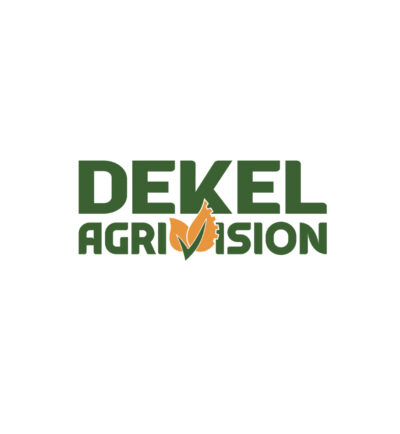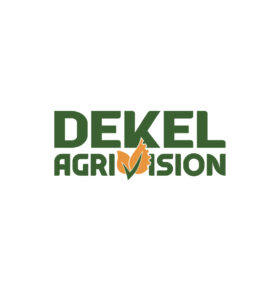The world faces a significant challenge: how to feed an ever-growing population without inflicting further harm on the planet. At the core of this issue lies the production of vegetable oils, a critical element of human nutrition that also poses significant environmental and social challenges. The dilemma—known as a trilemma—presents three equally difficult alternatives, each with serious consequences.
Currently, oil crops take up 37% of global cropland, contributing significantly to climate change and biodiversity loss. Oils and fats are indispensable in all diets and play an especially important role for those facing food insecurity, as they provide a cheap and calorie-rich food source. While high-fat diets are linked to obesity and other health issues in wealthier nations, reliable sources of fats are essential in meeting daily energy needs in regions plagued by food insecurity.
The oil palm, often criticised but undeniably efficient, stands out as a crop that produces the most oil per hectare. This plant currently yields more oil than any other crop, producing 76 million tonnes annually on less than 30 million hectares. In contrast, alternative crops like maize, soy, and sunflower require much more land for lower yields. Rejecting palm oil would force the world to produce the same amount of oil using less efficient crops, which could have severe environmental consequences.
The impact of palm oil production varies greatly depending on the methods used. For instance, large monocultures on recently deforested land are highly detrimental, whereas oil palm grown in forests or agroforests has a much smaller impact. The diverse methods used in vegetable oil production—shaped by local contexts, intended use, and market dynamics—also significantly influence their environmental and social impacts.
To address this complex issue, a shift in global food systems is necessary, moving away from purely cost-driven production towards systems that consider nutritional value, environmental sustainability, and social equity. This transition could be supported by stringent accountability measures, transparent practices, and responsible production and trade.
Currently, the global vegetable oil system lacks robust mechanisms to enforce sustainable practices. However, strategies proposed in a recent International Union for Conservation of Nature report offer scalable solutions. These include practices like improving soil health, efficient water management, and effective pest control, all elements of regenerative agriculture that can support ecosystem restoration and provide habitats for local wildlife.
Promoting human rights, ensuring fair labour practices, and respecting land rights are also crucial in developing resilient vegetable oil systems. Palm oil, despite its controversy, requires fewer resources than other vegetable oils, making it a viable option to meet global demand. The industry has made significant progress towards sustainable production, thanks in part to pressure leading to certification systems like the Roundtable on Sustainable Palm Oil. These efforts, which focus on preventing deforestation and supporting local farmers, need further support from governments, smallholders, and private sector stakeholders.
Dekel Agri-Vision PLC (LON:DKL) aspires to become a leading agro-industrial company in West Africa, one that creates value for shareholders whilst at all times placing the interests of the local communities and environment in which it operates in at the heart of its operations.



